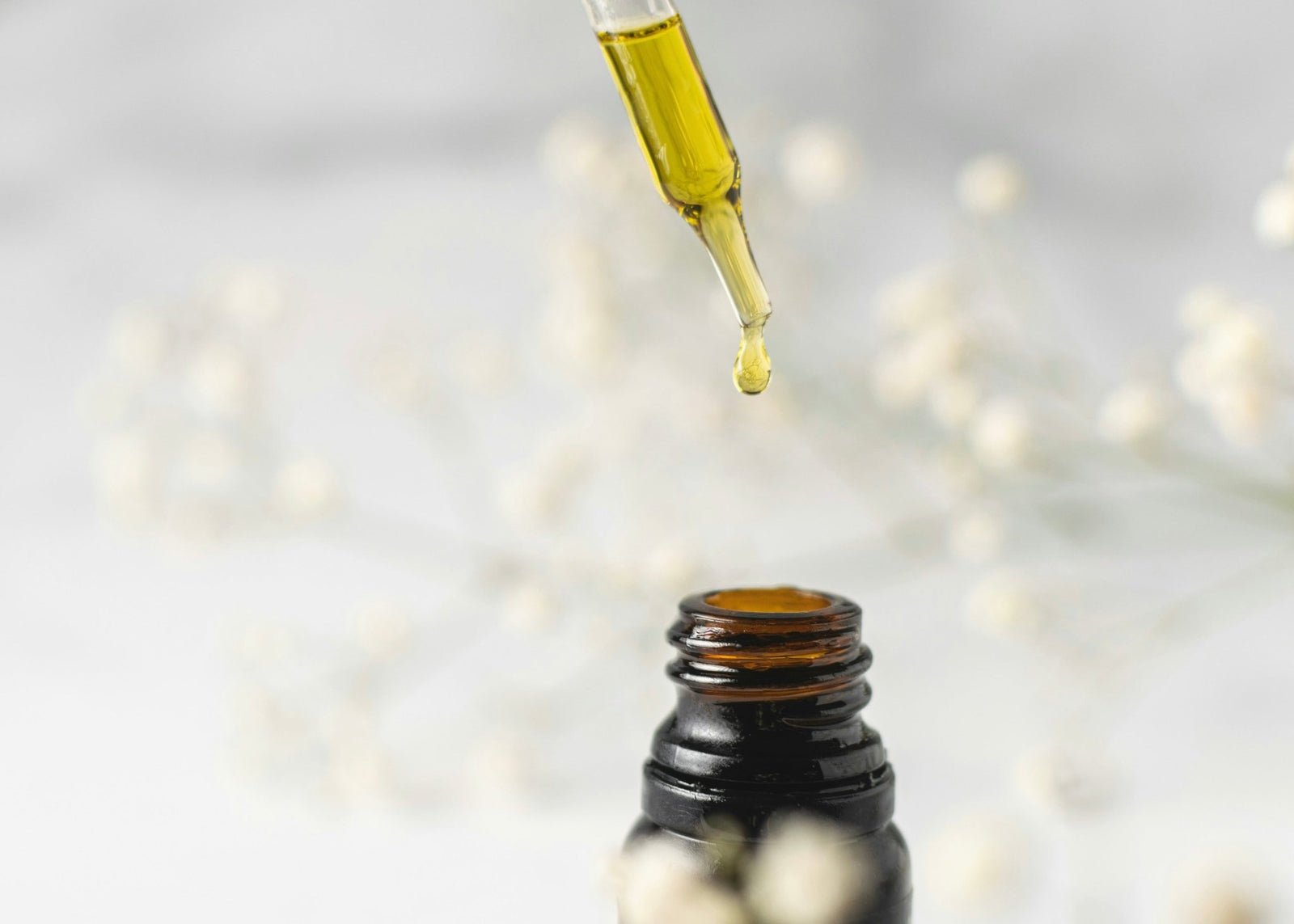
Top Retinol Alternatives for Effective Skincare
Retinol, a derivative of vitamin A, has long been hailed as a skincare superhero. It's known for its ability to reduce fine lines, clear acne, and promote a youthful glow. However, it can also cause irritation and dryness, especially for those with sensitive skin. If you're one of those people who can't tolerate retinol, or you're simply looking for a more natural and sustainable approach to skincare, you're in luck. There are several effective alternatives to retinol that can deliver similar results without the potential side effects.
The Need for Retinol Alternatives
Before we delve into the world of retinol alternatives, it's important to understand why they are necessary. Retinol, while highly effective, is not for everyone. It can cause redness, peeling, and sensitivity to sunlight, especially during the initial stages of use. Moreover, it's not recommended for pregnant or nursing women due to potential risks. Therefore, it's crucial to find alternatives that can provide the same benefits without the drawbacks.
Furthermore, the beauty industry is shifting towards more natural and sustainable products. Consumers are becoming more conscious of the ingredients in their skincare products and their impact on the environment. By choosing natural alternatives to retinol, you're not only taking care of your skin but also contributing to a more sustainable future.
Effective Alternatives to Retinol
Now, let's explore some of the top retinol alternatives that can help you achieve healthy, glowing skin. These ingredients are not only gentle on the skin but also packed with anti-aging and skin-enhancing benefits.
Bakuchiol
Bakuchiol is a plant-based ingredient that's been gaining popularity as a natural alternative to retinol. It's derived from the seeds and leaves of the babchi plant, which has been used in traditional Chinese and Ayurvedic medicine for centuries.
Like retinol, bakuchiol stimulates collagen production and speeds up cell turnover, helping to reduce fine lines and wrinkles. It also has antioxidant and anti-inflammatory properties, which can help soothe and protect the skin. The best part? It's suitable for all skin types and doesn't cause the irritation or sensitivity associated with retinol.
Vitamin C
Vitamin C is another powerful alternative to retinol. It's a potent antioxidant that can protect the skin from environmental damage, brighten the complexion, and stimulate collagen production.
While vitamin C is generally well-tolerated, it's important to choose a product with the right concentration for your skin type. A concentration of 10-20% is usually recommended for maximum effectiveness without causing irritation.
Niacinamide
Niacinamide, also known as vitamin B3, is a versatile skincare ingredient that can offer multiple benefits. It can improve skin elasticity, enhance its barrier function, reduce redness and hyperpigmentation, and regulate oil production.
Unlike retinol, niacinamide is not an exfoliant, so it doesn't cause dryness or peeling. It's also safe to use during pregnancy and breastfeeding, making it a great option for expectant or new mothers.
How to Incorporate Retinol Alternatives into Your Skincare Routine
Now that you're familiar with the top retinol alternatives, you might be wondering how to incorporate them into your skincare routine. Here are some simple steps to follow:
-
Identify your skin concerns: Before choosing a retinol alternative, it's important to identify your skin concerns. For example, if you're dealing with fine lines and wrinkles, bakuchiol might be a good option. If you're struggling with hyperpigmentation, vitamin C could be the answer.
-
Choose the right product: Once you've identified your skin concerns, choose a product that contains your chosen retinol alternative. Look for products with a high concentration of the active ingredient for maximum effectiveness.
-
Introduce it gradually: Like any new skincare product, it's best to introduce retinol alternatives gradually. Start by applying it once or twice a week, and gradually increase the frequency as your skin adjusts.
-
Monitor your skin's response: Pay attention to how your skin responds to the new product. If you notice any irritation or adverse reactions, discontinue use and consult a dermatologist.
Conclusion
While retinol is a powerful skincare ingredient, it's not the only option for achieving healthy, youthful skin. By exploring natural and sustainable alternatives like bakuchiol, vitamin C, and niacinamide, you can enjoy the benefits of retinol without the potential side effects. Remember, the key to effective skincare is understanding your skin's needs and choosing products that cater to them. Happy skincare!














